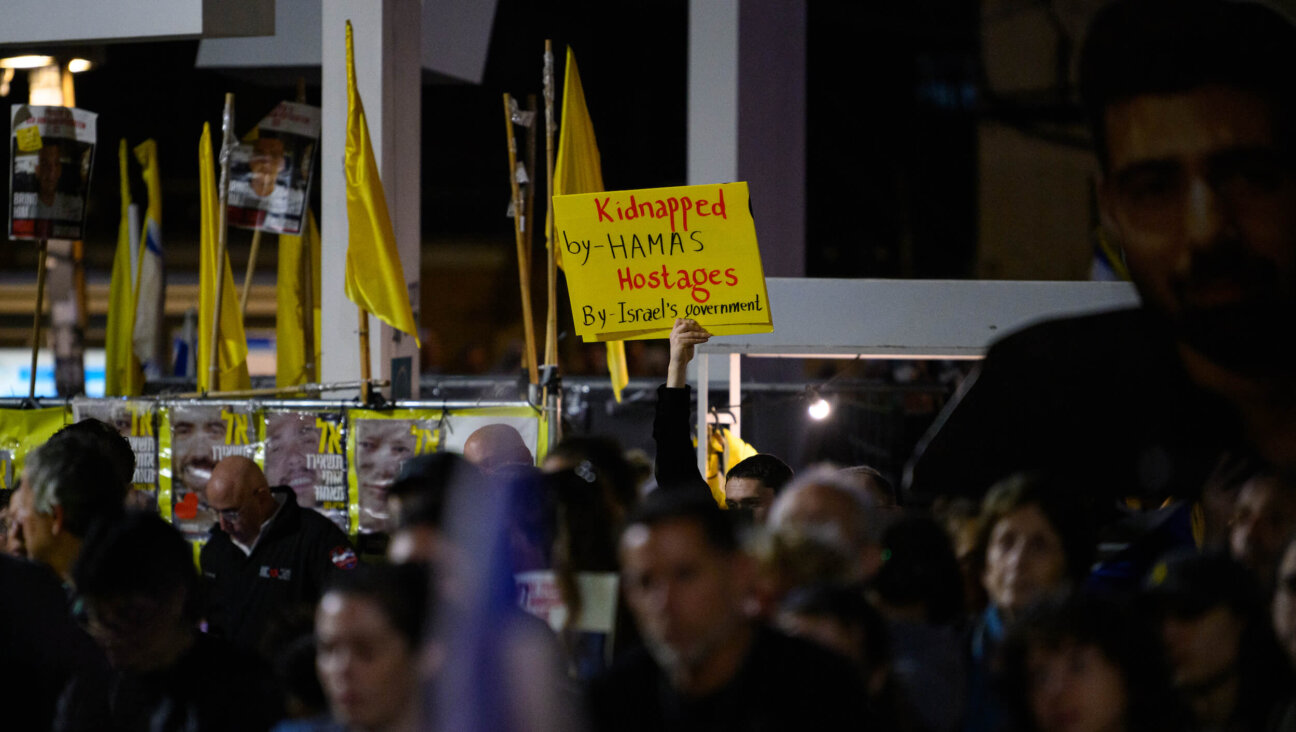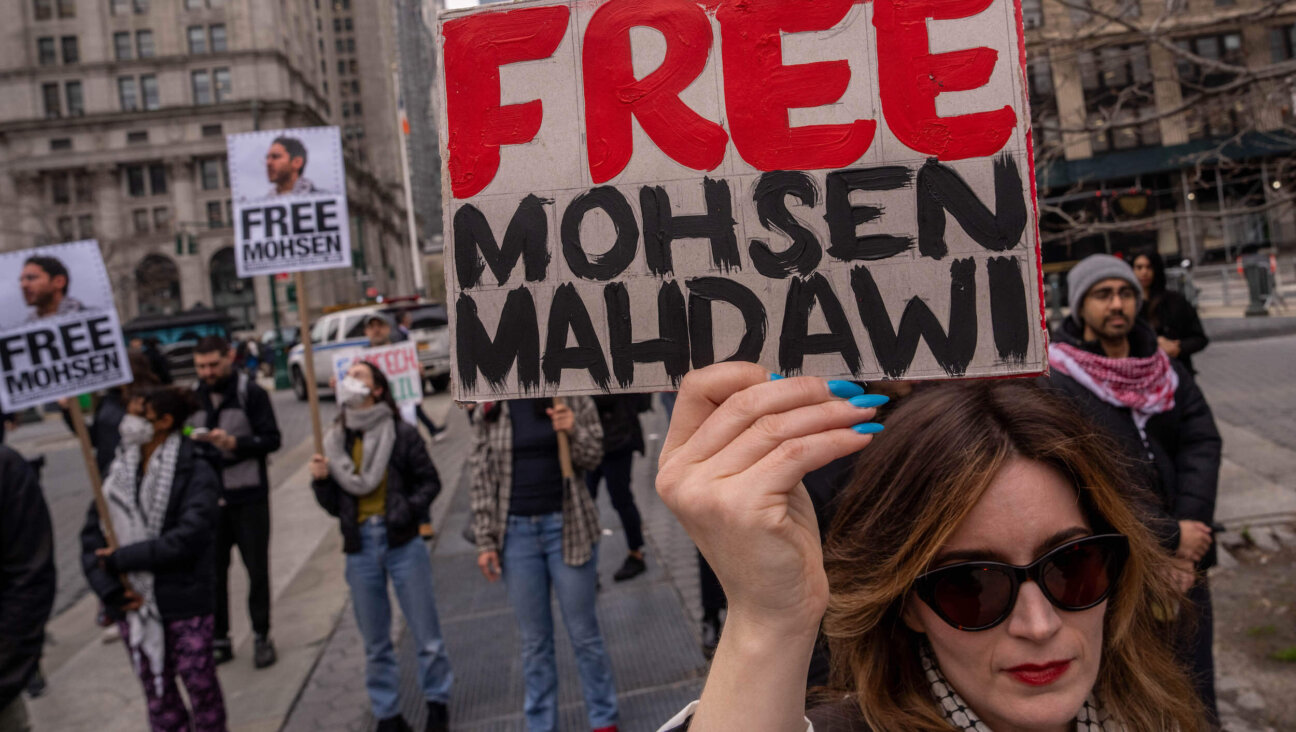Demagoguery vs. Human Rights
Normally I don’t feel the need to comment on Hugo Chavez’s rhetorical gestures. I’ve got my hands full responding to the ideologues and provocateurs in my own neck of the woods. But when the Venezuelan president comments on this past winter’s Israeli military operation in Gaza, on the same day that B’Tselem releases a major study on the same topic, the two worlds collide.
“Chavez accuses Israel of genocide,” the headlines shriek, and many articles go on to then cite our study, as if it somehow provides evidence for his claims. “Chavez made the comments as an Israeli human rights group, B’Tselem, said in a release that a majority of the 1,387 Palestinians who died in the Gaza conflict were civilians,” United Press International reported.
I cringed at the linking of such demagoguery with human rights research and documentation. I object to being forced to say what should be obvious: Israel’s military operation in the Gaza Strip, and all other measures used by Israel in the occupied territories, bear no resemblance to genocide or an attempt to exterminate Palestinians.
The main tools in the toolbox of a human rights organization are words. Words that name and shame, words that educate, and words that challenge the status quo of wrongdoing and injustice.
Words are powerful — as illustrated by the resources the Israeli military and government officials have invested in denouncing B’Tselem’s new study. But in order for words to retain their power to mobilize and ultimately bring about change, they must be used carefully and responsibly.
When a word like “genocide” is inaccurately and cynically bandied about in order to grab a headline, it trivializes the greatest of atrocities. Ultimately, the word will become meaningless — and lose any power it had.
This is not to say that there is no room to criticize Israel’s treatment of the Palestinians. Indeed, there is much to criticize, and this is our primary focus at B’Tselem: to monitor the implications of the Israeli occupation for the human rights of Palestinians and to work to enhance Israel’s respect for human rights principles.
Regarding Israel’s Gaza campaign, according to B’Tselem’s newest research, of the 1,387 Palestinians killed during the course of the three-week operation, more than half (773) took no part in the hostilities. Of those killed, 320 were children.
What do these numbers mean? They do not in and of themselves indicate wrongdoing, particularly given the complexity of combat in a densely populated area against armed groups like Hamas that do not hesitate to use illegal means and find refuge within the civilian population.
However, the numerous testimonies given by soldiers and Palestinians during and after the operation — and now the report released by the United Nations fact-finding mission headed by international jurist Richard Goldstone — raise grave concerns that Israel did indeed breach fundamental principles of international humanitarian law and caused excessive harm to civilians. B’Tselem has documented terrible stories of entire families killed when their homes were bombed or shelled, of parents who watched their children literally bleed to death as Israel denied passage to ambulances.
First and foremost, Israel has an obligation to conduct an independent, credible and comprehensive investigation into these very severe allegations. Anyone found to have violated the laws of war — whether the soldier in the tank, his commanding officer or the minister of defense himself — must be held accountable. Given that Israel has been reluctant to pursue such accountability, it is disingenuous to complain when the Goldstone report now calls on the international community to ensure such accountability. Of course, not only Israel is accused of grave breaches of international humanitarian law. Goldstone’s report highlights the need to hold accountable both Israelis found to have broken the law and Palestinians responsible for crimes such as directing rocket fire at Israeli civilians.
Statements like those made by Chavez certainly do not advance this goal. In fact, the use of the dead to advance a tendentious anti-Israel campaign does a great disservice to the cause of human rights. And unfortunately, Chavez is not alone in singling out Israel for distorted and hyperbolic criticism.
It is not only those who care about Israel who should condemn such statements. Indeed, all those committed to advancing human rights must firmly reject such offensive sloganeering and the trivializing of genuine human rights concerns. Only a careful naming of the reality can fuel genuine efforts to promote justice.
Jessica Montell is executive director of B’Tselem: The Israeli Information Center for Human Rights in the Occupied Territories.
The Forward is free to read, but it isn’t free to produce

I hope you appreciated this article. Before you go, I’d like to ask you to please support the Forward.
Now more than ever, American Jews need independent news they can trust, with reporting driven by truth, not ideology. We serve you, not any ideological agenda.
At a time when other newsrooms are closing or cutting back, the Forward has removed its paywall and invested additional resources to report on the ground from Israel and around the U.S. on the impact of the war, rising antisemitism and polarized discourse.
This is a great time to support independent Jewish journalism you rely on. Make a Passover gift today!
— Rachel Fishman Feddersen, Publisher and CEO
Most Popular
- 1

News Student protesters being deported are not ‘martyrs and heroes,’ says former antisemitism envoy
- 2

News Who is Alan Garber, the Jewish Harvard president who stood up to Trump over antisemitism?
- 3

Fast Forward Suspected arsonist intended to beat Gov. Josh Shapiro with a sledgehammer, investigators say
- 4

Opinion My Jewish moms group ousted me because I work for J Street. Is this what communal life has come to?
In Case You Missed It
-

Opinion Yes, the attack on Gov. Shapiro was antisemitic. Here’s what the left should learn from it
-

News ‘Whose seat is now empty’: Remembering Hersh Goldberg-Polin at his family’s Passover retreat
-

Fast Forward Chicago man charged with hate crime for attack of two Jewish DePaul students
-

Fast Forward In the ashes of the governor’s mansion, clues to a mystery about Josh Shapiro’s Passover Seder
-
Shop the Forward Store
100% of profits support our journalism
Republish This Story
Please read before republishing
We’re happy to make this story available to republish for free, unless it originated with JTA, Haaretz or another publication (as indicated on the article) and as long as you follow our guidelines.
You must comply with the following:
- Credit the Forward
- Retain our pixel
- Preserve our canonical link in Google search
- Add a noindex tag in Google search
See our full guidelines for more information, and this guide for detail about canonical URLs.
To republish, copy the HTML by clicking on the yellow button to the right; it includes our tracking pixel, all paragraph styles and hyperlinks, the author byline and credit to the Forward. It does not include images; to avoid copyright violations, you must add them manually, following our guidelines. Please email us at [email protected], subject line “republish,” with any questions or to let us know what stories you’re picking up.












